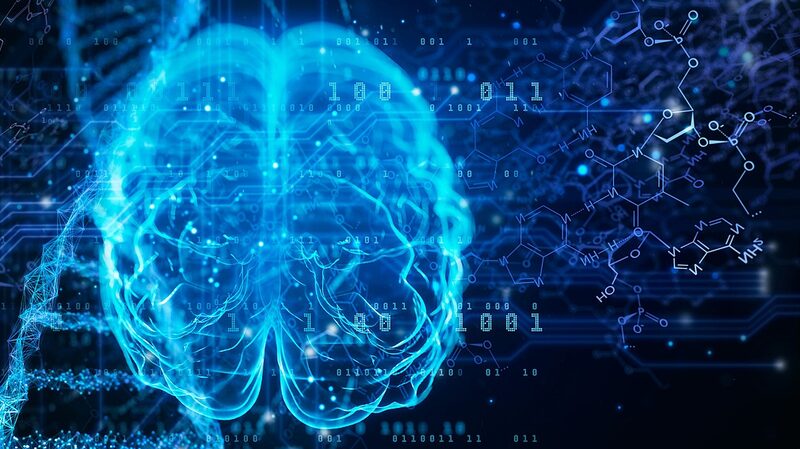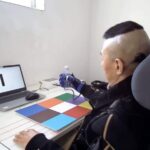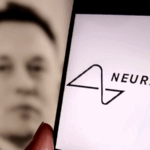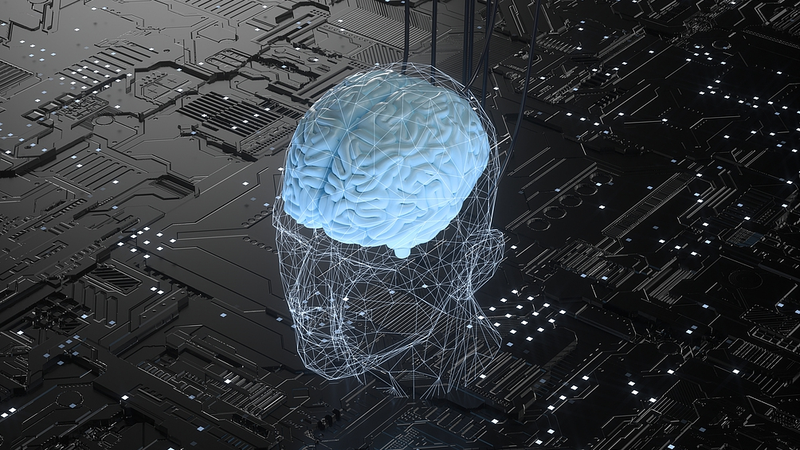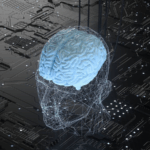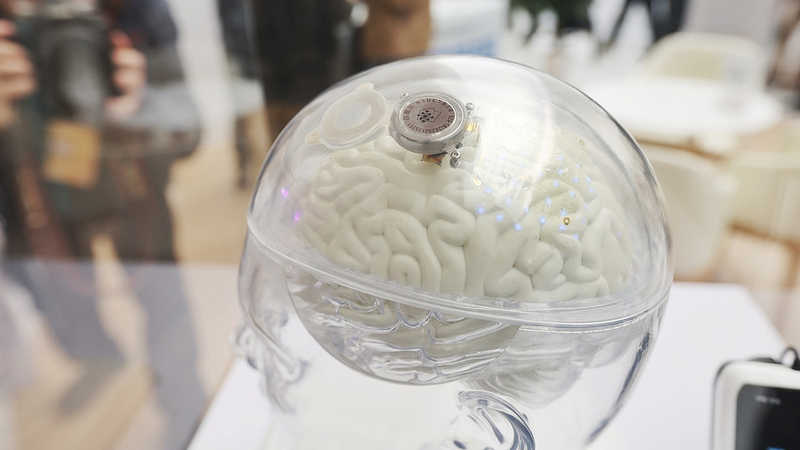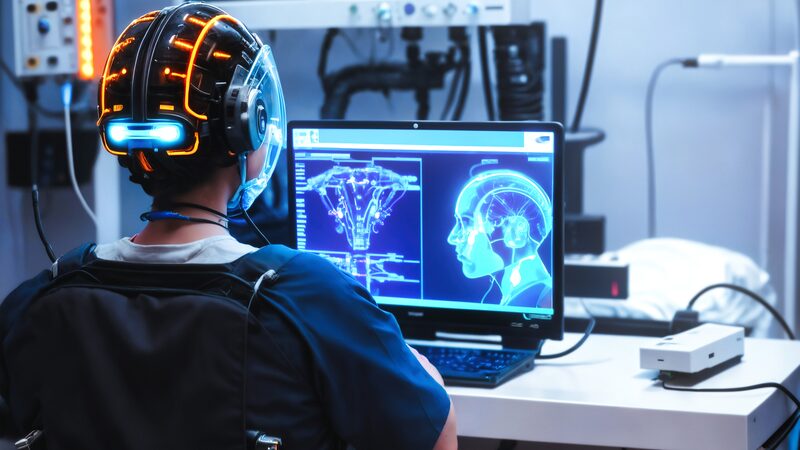Mind-Reading Tech Restores Speech via Chinese Language Decoder
Imagine controlling a robotic arm or texting your family with your thoughts. That’s now reality for patients in China testing a cutting-edge brain-machine interface (BMI) that’s making headlines 🌍. Developed by Beijing-based researchers, the semi-invasive system has enabled an ALS patient to communicate full Chinese sentences for the first time after losing speech.
💡 The NeuCyber Matrix BMI uses a flexible electrode film implanted between the skull and brain surface. Unlike older invasive models, this “brain hack” avoids deep tissue penetration, reducing risks while capturing crisp neural signals. A coin-sized device on the skull then wirelessly transmits data to decoders.
How It Works:
- 🧩 128-channel electrodes map language-related brain activity
- 🤖 AI algorithms translate thoughts into text/speech in real time
- ⚡ Single-character decoding takes under 0.1 seconds
Patients progressed rapidly – one achieved 52% accuracy on 62 common phrases within weeks. “I want to drink water” and “Let’s take a walk” were among early decoded messages, shared Dr. Zhao Guoguang from Xuanwu Hospital.
The tech could revolutionize treatment for stroke survivors, epilepsy patients, and those with spinal injuries. As researcher Li Yuan noted: “This isn’t sci-fi – it’s hope packaged in innovation.” 👏
Reference(s):
cgtn.com
